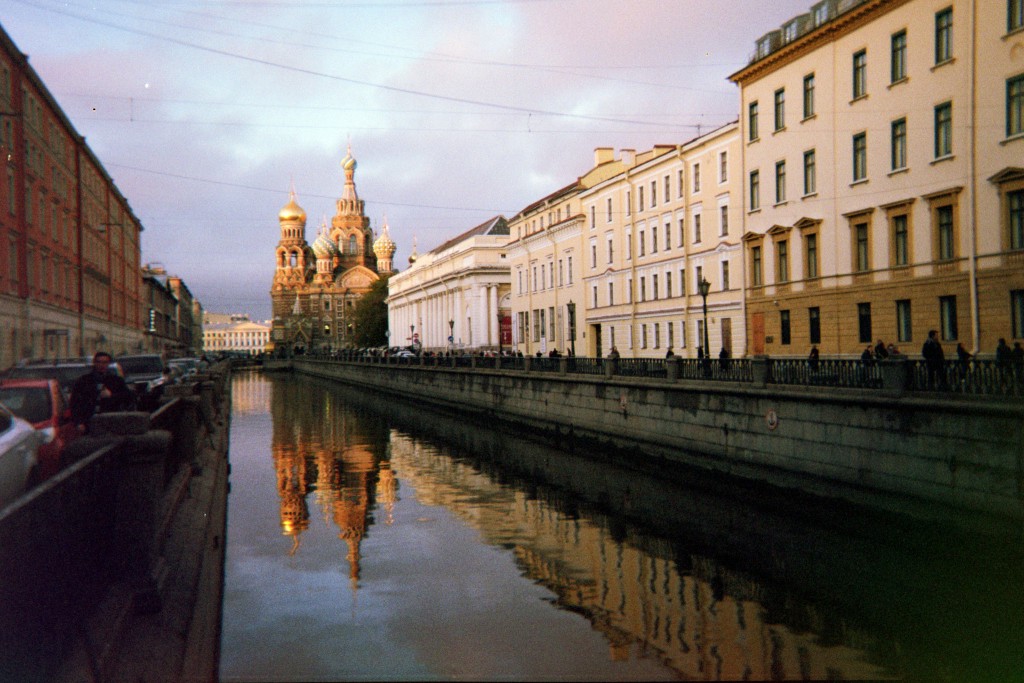
By Fred Weir, Facebook, 12/23/23
| I quite enjoyed this political travelogue, by an Italian journalist who spent a month or so last summer visiting places along Russia’s vast Volga River route, basically from St. Peterburg to Astrakhan. It’s not chronological, or the least bit touristy, but focuses on a variety of individuals who make up a pretty fair spectrum of Russians, both current and eternal. A lot can be gleaned about the state of life from his descriptions, which seem quite fair and matter-of-fact, even if they are sort of laser-focused. I haven’t been that far afield in awhile, basically since before Covid and the war, so read this with intense interest. Though it’s obviously impressionistic and selective, as these things necessarily are, I think it mostly rings true. The anti-Western moods he detects in even the most eccentric Russians, people who in the not-too-distant past might have been ardent Westernizers, is certainly what I’ve noticed and written quite a bit about, increasingly over the past decade or so. The spirit of resilience, of making do in the face of war and sanctions and turning crisis into opportunity, isn’t just Putin rhetoric, this observer finds it all around him. It’s just good on-the-ground reporting; I observe much the same in my corner. The only thing here that surprises me a bit is his impression that there is a burgeoning cult of Stalin. I don’t see that, and certainly don’t think Putin’s politics or historical forays are an effort to revive Stalinism. But I live in Moscow, and haven’t been to these kinds of places in awhile. It’s worth watching trends affecting more far-flung Russians, especially youth. Anyway, this is a fun, informative read [If you’re Canadian, and can’t click the link, go to the Harpers website, Harpers.org, where this story leads]: https://harpers.org/archive/2024/01/behind-the-new-iron-curtain/ |
one who doesn’t answer to anybody—a top dog of this agrarian Stalingrad, this rural empire on the Volga, paradoxically inspired by the greatest peasant exterminator in history.
It’s apparent Harpers hasn’t been paying attention to South America, Africa, or South East Asia if they think they know who and what exterminated peasants, and thanks to neo-liberalism has it going on now in fully automation. This is not the magazine of Lewis Lapham’s days.